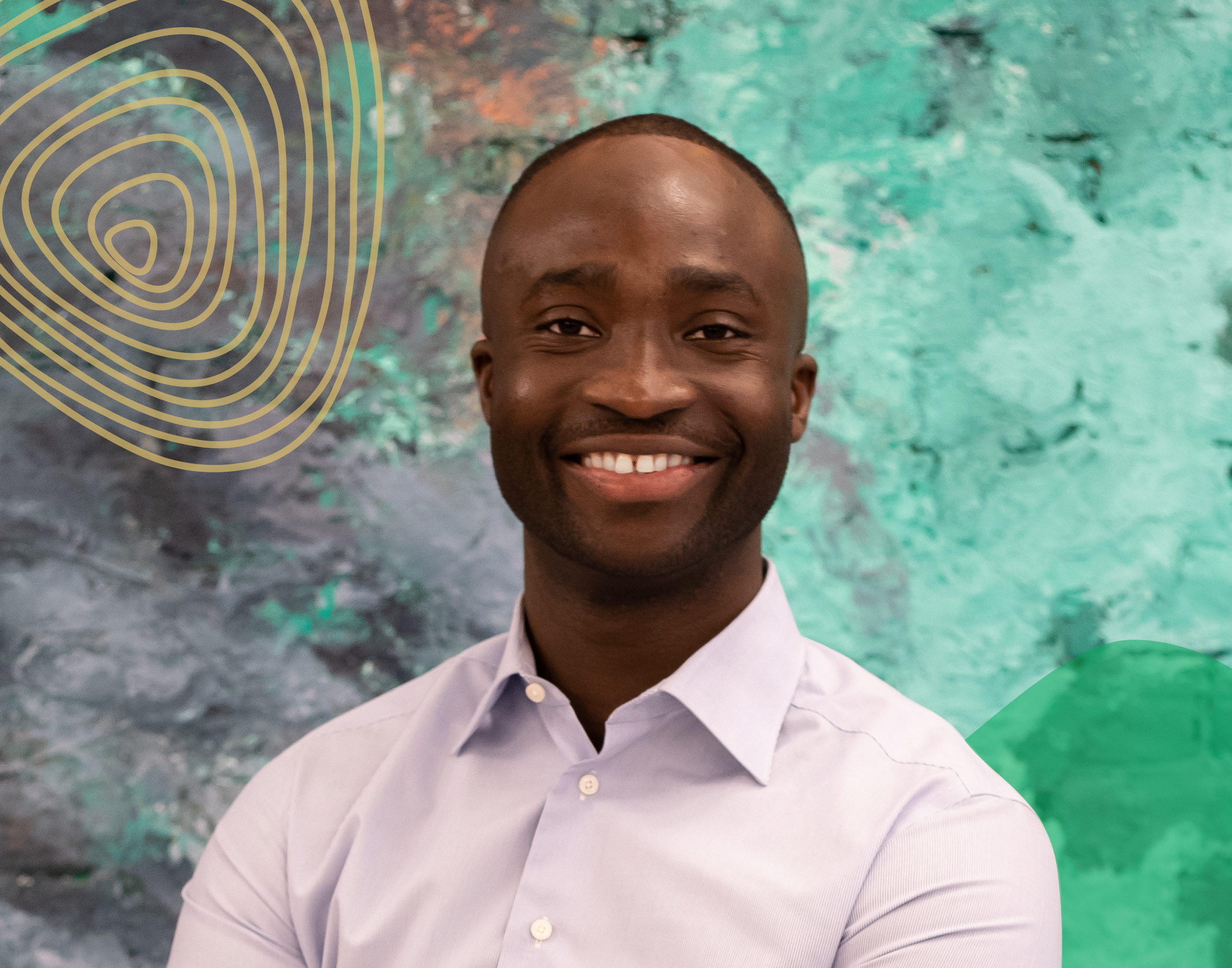The African American narrative is a journey marked by placemaking—a passage through migration, settlement, displacement, segregation, and, ultimately, hope. Jacob Lawrence’s 1941 masterpiece, “Migration of the Negro,” eloquently captures the raw yearning for a better life, the necessary disillusionment, adversity, and, at times, triumphant outcomes. Amidst this intricate dance of movement, cultures are born, and traditions are forged, but regrettably, some things are lost.
Samir and I echo this narrative, being products of movement and placemaking. Our journey mirrors Lawrence’s subjects. I embarked on a life-altering move from Lagos, Nigeria, to Minneapolis, Minnesota. In our new home, music became the conduit of the cultures we proudly sought to share with our adopted country. Fela Aníkúlápó Kuti’s “Zombie” protested Nigeria’s military regime, while Tupac Shakur’s “Dear Mama” provided solace and a unique perspective, reminding me of my mother’s sacrifices as a single parent.
Our journey continued when Samir and I left our corporate jobs in 2018, establishing our first Esusu office in Harlem, New York. Despite the constraints of a 200-square-foot room, Harlem became our grounding force, echoing the inspirational figures of the Harlem Renaissance from James Baldwin to Langton Hughes. It was here that Esusu found its roots, and Harlem will forever be our home.
As Esusu’s focus evolved to center on housing, I found myself reflecting on Lawrence’s subjects who migrated to cities like Detroit, Minneapolis, New York, and Chicago. Their audacious aspirations, the communities they built, and the possibilities they insisted upon now form the core of Esusu’s mission. Amidst the glaring issues of wealth inequality and erasure, the Black experience embodies the courage to continually expand spaces where music, art, dance, and cinema thrive—a representation currency to bring more seats to the table. Artists like Elizabeth Catlett, Kerry James Marshall, Kehinde Wiley, and Nina Simone accentuate Ralph Ellison’s narrative: “I am invisible, not because I cannot be seen, but because people refuse to see me for who I truly am. I exist in the shadows of their perceptions, both present and overlooked—a paradox of visibility and invisibility.”
Despite 248 years of American independence, the racial wealth gap persists. Recent data from the Brookings Institute reveals a stark reality—Black households hold only $15 for every $100 held by white households. Homeownership, a key driver of wealth, faces racial disparities, with only 44% of Black individuals owning homes compared to nearly 73% of white individuals.
Yet, amidst these challenges, Esusu tirelessly works to bridge the racial wealth gap. As of October 2023, our data proudly showcases the creation of 107,000+ new credit scores, unlocking over $21.9 billion in capital for renters. Positive outcomes include preventing 8,000+ evictions, facilitating access to 33,000+ mortgages totaling more than $14 billion, and 134,000+ car loans.
In the words of Albert Camus, “The only way to deal with an unfree world is to become so absolutely free that your very existence is an act of rebellion.” Esusu’s act of rebellion is giving voice to the voiceless, hope to the hopeless, and working tirelessly to make the world a better place—one step at a time.
